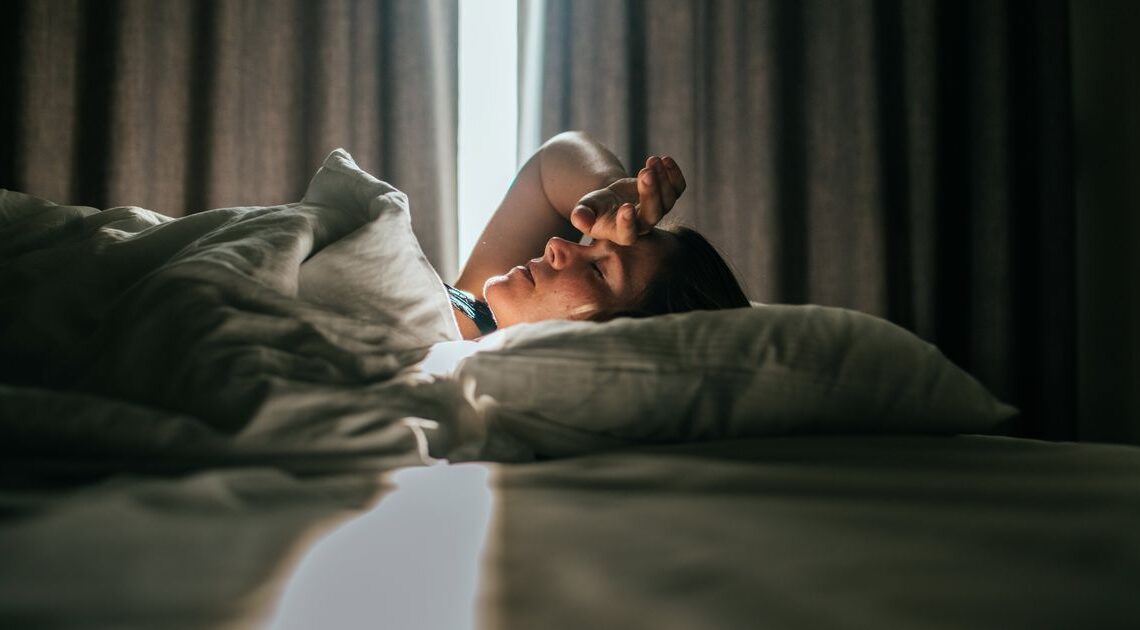If you snore, chances are you’re well aware of it. That’s either because your partner has probably given you a shove in the middle of the night, asking you to roll over or fix your pillows, or perhaps you’ve woken yourself up from the noise.
There are a few different types of sleep apnea: obstructive, central and mixed, said Joseph Dzierzewski, vice president of research and scientific affairs at the National Sleep Foundation. “Obstructive sleep apnea (OSA) means there’s something getting in the way of the normal breathing that happens while you’re sleeping, similar to a pinch in an air tube. Central sleep apnea (CSA) means the signal to keep breathing from your brain is paused without an obstruction. Mixed sleep apnea is a combination of both of these conditions.”
Snoring is a big symptom of sleep apnea, but it’s not the only one. Read on for the early warning signs of sleep apnea, especially if you don’t snore or sleep alone.
You wake up frequently to use the bathroom.
“This doesn’t mean waking up once to go to the bathroom, which many adults do as they get into midlife,” said Dr. Kin Yuen, a sleep medicine specialist at the University of California San Francisco and member of the American Academy of Sleep Medicine. “This means regularly waking up to use the bathroom two to five times a night.”
Here’s why it’s concerning: Yuen explained that the kidneys don’t produce much urine in the first half of the night. What is happening is that labored breathing episodes like gasping are making the chest cavity work overtime. “One mechanism is for the brain to decrease the volume of the pressure swing,” Yuen said. Urination is one of these mechanisms, as is sweating ― more on that below.
You have night sweats.
Night sweats impact 30% of adults with OSA, according to research. “The hypothesis is that to rescue the body from these repeated assaults from not breathing and low oxygen, the brain has to have some way of getting the body out of a jam,” Yuen said. “In addition to increased urination, one way is by waking us up abruptly through sweating.”
It can be difficult to pinpoint why you are sweating, particularly if you’re a woman in perimenopause or menopause. Pay attention to the frequency of your night sweats in combination with other signs outlined here.
Waking up with a headache.
Frequent morning headaches are often associated with OSA; according to research in JAMA Internal Medicine, they can last up to 30…
Click Here to Read the Full Original Article at Women…

